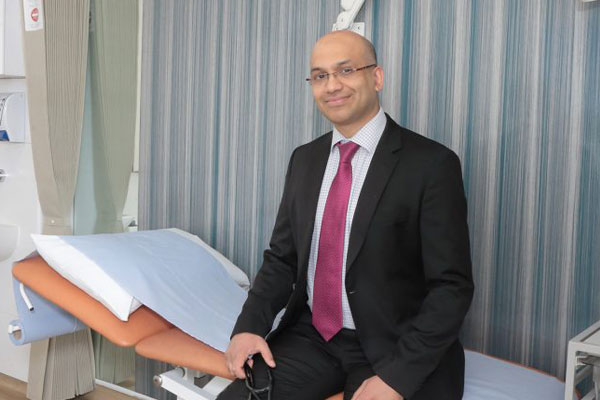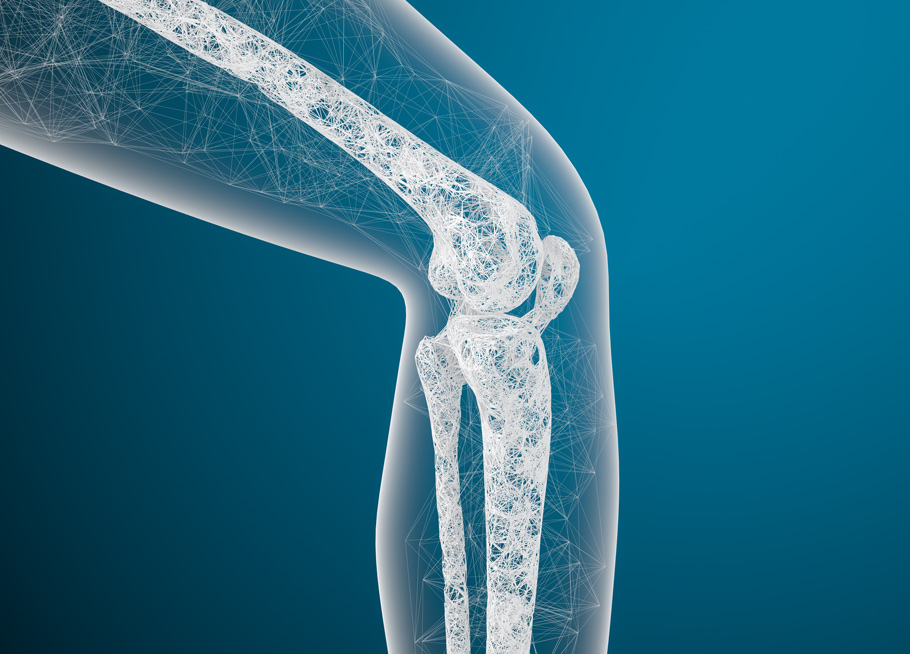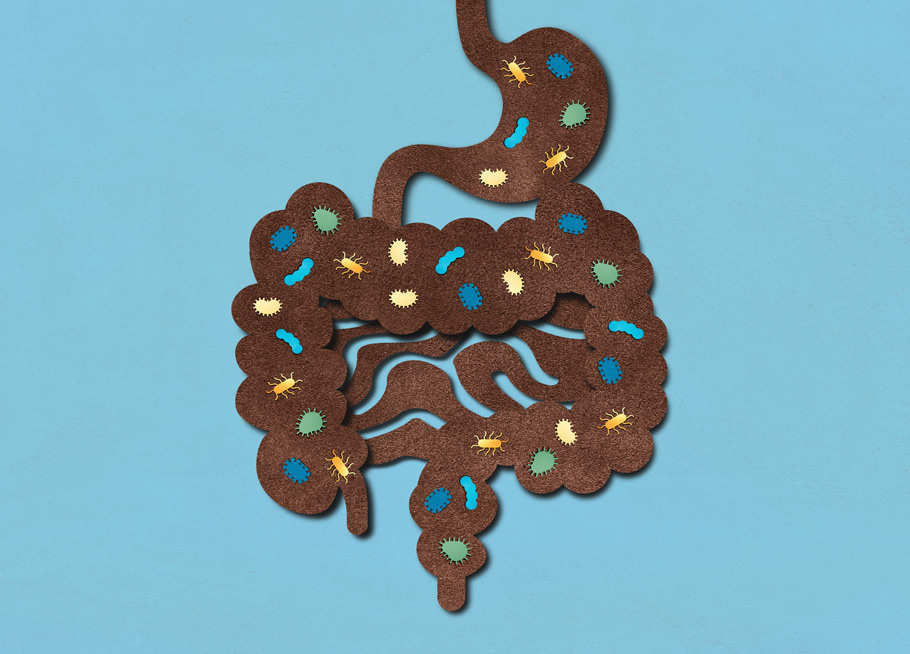
If you live with a pain disorder and have seen your GP about it, your doctor may want to refer you to a specialist rheumatologist for further investigation and testing.
This is nothing for you to worry about. GP’s do an excellent job, but they are first-line medical practitioners with a broad knowledge of common illnesses and health conditions. They don’t usually go on to specialise in one particular area.
Your GP may suspect that you have a particular medical condition, such as ankylosing spondylitis, rheumatoid arthritis, osteoarthritis, gout, lupus, or other rheumatic diseases. But they don’t often have the medical knowledge, specialist training or the medical diagnostic equipment necessary to diagnose a patient properly.
This is what medical specialists such as rheumatologists are for. We work in partnership with your GP to successfully test for and eliminate the many different potential causes of your symptoms and then go on to prescribe and administer the best possible treatment available to help manage your condition.
Your first visit with a rheumatologist
There is a lot you can do to help your specialist rheumatologist at your first visit. You may need to see your rheumatologist on several occasions, but your first visit will usually take the longest time.
To find the most effective way to treat you, we will need to conduct a thorough examination and discuss your symptoms with you. Your physical examination helps to assess your general health and the physical limitations of your particular condition.
It can help to dress in loose-fitting, comfortable clothes with sleeves that can be quickly drawn up to allow us to take blood samples. Your doctor will look for physical signs that indicate inflammation during your examination, such as joint swelling, redness, warmth, skin rashes, and nodules.
We will ask you to perform a series of physical movements such as reaching, bending, stretching and flexing of joints to assess your mobility and pain levels while performing these movements. Always tell your doctor when you feel pain and how intensely you are feeling it.
Laboratory testing
A significant part of diagnosing your condition and eliminating other possible causes is through in-depth laboratory testing. We will take blood and/or urine samples for testing. We will look for genetic markers for specific conditions, test for antibodies in the blood, and much more.
We will also conduct image testing with a full-body scan that can help better diagnose issues and gain more insight into the severity and progression of your condition.
A long term treatment plan
Once we have gathered all the information we need from your first visit, we will study the results and give you our expert diagnosis right away. This can come with a great sense of relief, especially if you have been in pain for some time and have been worrying about your symptoms.
Your first visit may take around an hour, but you will likely need to return for further visits to receive treatment. However, treatment visits don’t tend to be nearly as long as your first visit, and you won’t need to wait very long after your treatment before you can go home.
If you have been suffering from a painful condition and it seems to be getting worse, you can dramatically cut down on your NHS waiting time to see a specialist rheumatologist by booking a private consultation with Dr Bhadauria at one of his London Clinics.
Article by Dr. Naveen Bhadauria



